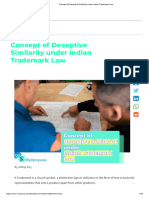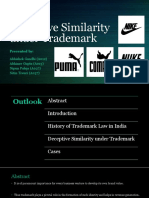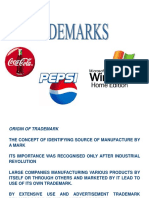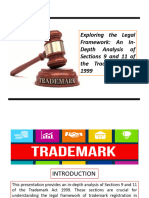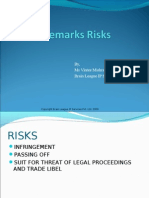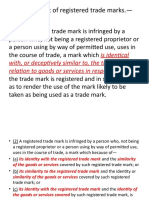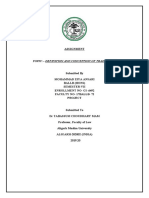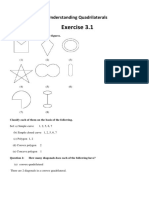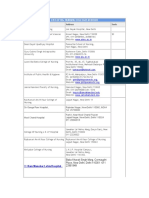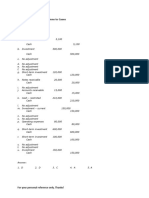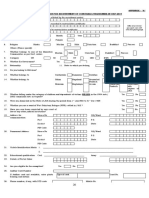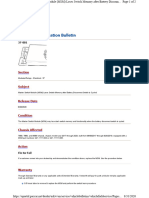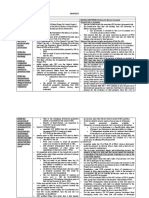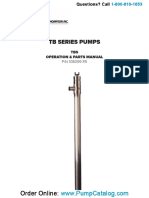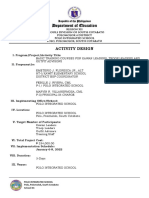0% found this document useful (0 votes)
20 views3 pagesTrade Mark Notes
A society with a registered trademark can sue a company for using a similar name if it causes consumer confusion regarding the goods or services offered. Under the Indian Trade Marks Act, 1999, trademark infringement occurs when a similar mark is used without authorization, and courts can cancel company names deemed identical or deceptively similar to registered trademarks. Factors such as the nature of the products, degree of resemblance, and target audience are considered in determining deceptive similarity.
Uploaded by
Shahnawaz Adil ShahCopyright
© © All Rights Reserved
We take content rights seriously. If you suspect this is your content, claim it here.
Available Formats
Download as DOCX, PDF, TXT or read online on Scribd
0% found this document useful (0 votes)
20 views3 pagesTrade Mark Notes
A society with a registered trademark can sue a company for using a similar name if it causes consumer confusion regarding the goods or services offered. Under the Indian Trade Marks Act, 1999, trademark infringement occurs when a similar mark is used without authorization, and courts can cancel company names deemed identical or deceptively similar to registered trademarks. Factors such as the nature of the products, degree of resemblance, and target audience are considered in determining deceptive similarity.
Uploaded by
Shahnawaz Adil ShahCopyright
© © All Rights Reserved
We take content rights seriously. If you suspect this is your content, claim it here.
Available Formats
Download as DOCX, PDF, TXT or read online on Scribd
/ 3







